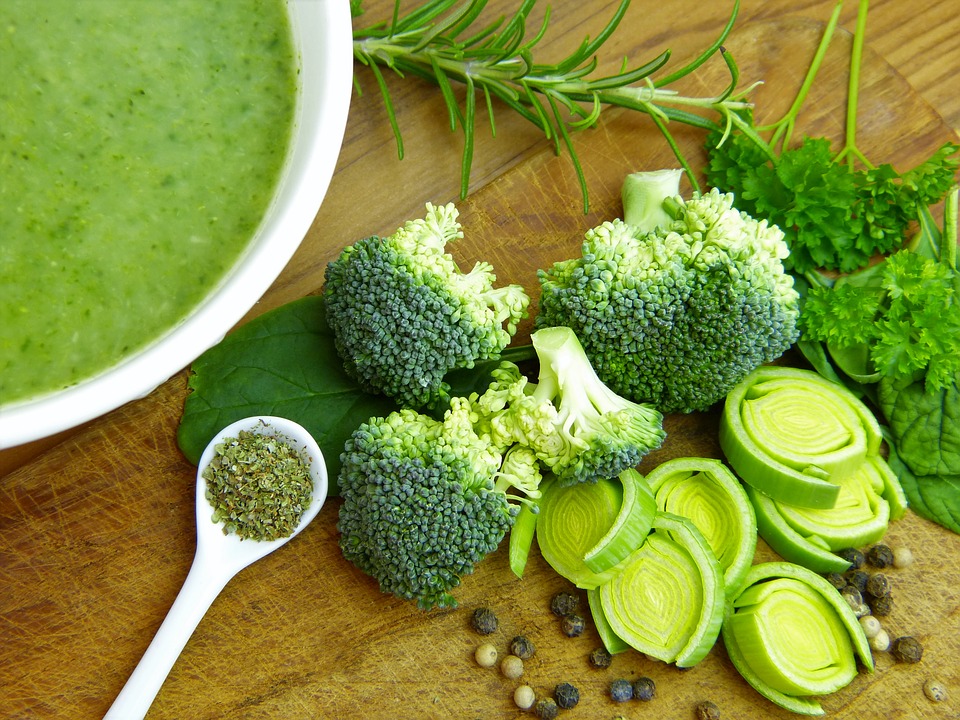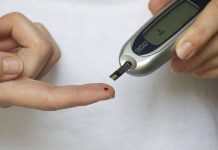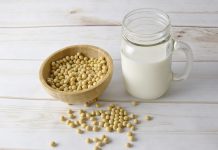Often called “the change”, menopause is that time of life when a woman’s ovaries stop producing the hormones estrogen and progesterone. It doesn’t happen suddenly (unless your ovaries are removed by surgery or damaged by cancer treatments) but rather comes on gradually and includes a period of time known as perimenopause.
“a lower functioning immune system postmenopausal can make you more susceptible to autoimmune diseases like rheumatoid arthritis, lupus, IBS, and MS”
A host of symptoms follow that vary from woman to woman including hot flashes, slowed metabolism and weight gain, dry skin, insomnia, fatigue, and mood changes. These aren’t life-threatening, but several physiological changes such as decreased estrogen levels, higher cholesterol, and high blood pressure can be the culprit of an increased risk of heart disease.
Additionally, a lower functioning immune system postmenopausal can make you more susceptible to autoimmune diseases like rheumatoid arthritis, lupus, IBS, and MS. Fortunately, you can make changes during this time to decrease these risks.
Why Your Immune System is Low During Menopause?

The immune system is like an army that attacks the invaders that cause disease. There are several factors that affect how your immune system functions, but the primary one is the thymus, a small organ located behind the breastbone.
The thymus produces a type of cells that are responsible for orchestrating the body’s response to fighting infections, autoimmune diseases, and cancer. As we age, the thymus shrinks and produces fewer of these disease-fighting cells leaving us more susceptible to chronic diseases caused by increased inflammation. This happens to everyone to some degree, but the problem is exacerbated in post-menopausal women as the hormones that help support the immune system decline.
Further, postmenopausal symptoms can compromise your immune system. Insomnia and sleep disturbances can rob you of your quality of sleep, another important factor for a properly-functioning immune system. Fatigue can cause you to feel less like getting the exercise needed for a healthy immune system. A lowered sex drive robs you of the immunity boost sex gives. Hot flashes, weight gain, and hair loss can lead to stress which increases cortisol levels, another factor that’s proven harmful to the immune system.
Top 10 Foods that Can Boost Your Immune System During Menopause
“reduce your risk of getting Health Problems because of a weakened immune system by eating a healthy diet, getting good quality sleep, exercising regularly, and avoiding stress”

Dr. Wen Shen, a gynecologist and assistant professor at Johns Hopkins School of Medicine says, “We’re not just talking about hot flashes and night sweats and dry vaginas.” Dr. Shen goes on to point out that as ovarian hormones disappear, women are more susceptible to being at an increased risk of health problems because of a weakened immune system.
You can reduce your risk by eating a healthy diet, getting good quality sleep, exercising regularly, and avoiding stress. Start by including these 10 inflammation-reducing foods for menopause.
1. Blueberries contain a flavonoid called anthocyanin that helps boost the immune system.
2. Dark chocolate contains theobromine that protects cells from free radicals.
3. Turmeric is a golden spice used in cooking that has anti-inflammatory effects.
4. Oily fish like salmon and tuna are foods for menopause that reduces the risk of rheumatoid arthritis, an autoimmune disease.
5. Spinach boosts the immune system with flavonoids, carotenoids, and vitamins C and E.
6. Broccoli contains powerful antioxidants like sulforaphane making it an excellent food for the immune system.
7. Use ginger in desserts and teas and boost the immune system.
8. Almonds contain manganese and magnesium to strengthen the immune system.
9. Oranges are a rich source of vitamin C, a nutrient known to improve immune system function.
10. Drink green tea to get the same type of flavonoid present in blueberries.
What are the Foods that You need to Avoid?
“Eliminating gluten and dairy may help you avoid inflammation and autoimmune diseases”

Foods for menopause means more than included these 10 foods. It means eliminating foods that are counterproductive to the immune system by triggering inflammation. These include refined sugar and processed foods.
Too many refined carbohydrates may increase postmenopausal depression. Processed meats and pre-packaged foods that contain dextrose, maltose, hydrogenated oil, and trans fats are toxic and can disrupt hormonal health. Eliminating gluten and dairy may help you avoid inflammation and autoimmune diseases.
As you plan dietary changes to reduce symptoms and strengthen the immune system, keep in mind that some people can develop food sensitivities through the years. Some foods that you may consider as healthy may actually not be good for you. These include nightshade foods like eggplant and red bell peppers. The best way to decide what triggers your symptoms is to keep a food diary. Eliminate those that trigger your symptoms.
Sources & References:
www.renewyouth.com/how-menopause-affects-your-immune-system/
www.aarp.org/health/conditions-treatments/info-2018/menopause-symptoms-doctors-relief-treatment.html





















